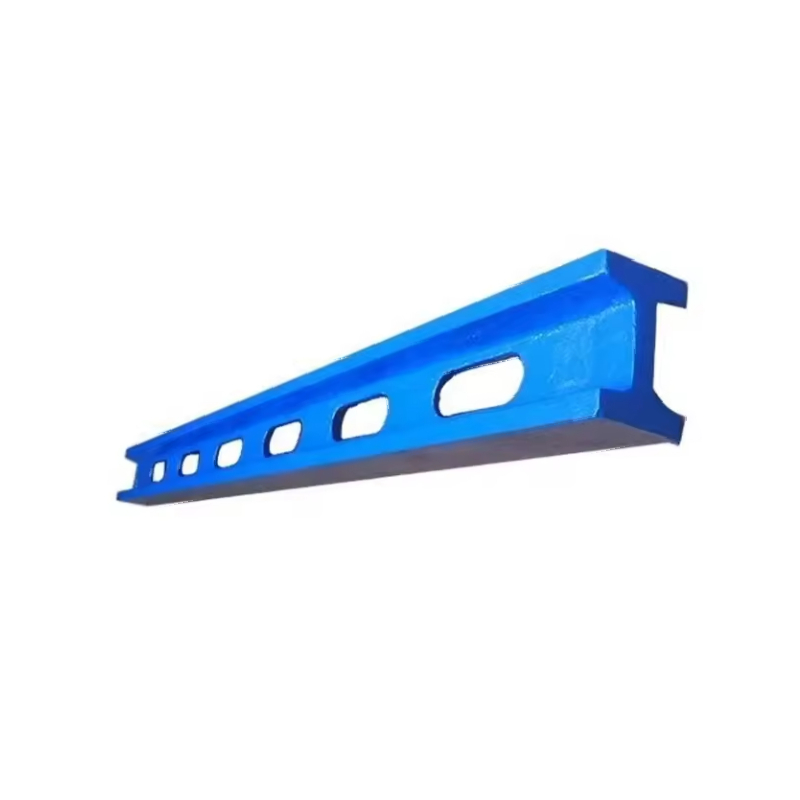ต.ค. . 03, 2024 14:15 Back to list
globe valve flow
Understanding Globe Valve Flow
Globe valves are critical components in various piping systems, particularly in applications where precise flow regulation is necessary. Their design enables effective throttling and isolation, making them an essential choice for industries such as oil and gas, water supply, and chemical processing.
Design and Functionality
Globe valves consist of a spherical body with an internal baffle that causes the flow to change direction. This structure is distinctive compared to other types of valves, such as gate or ball valves, which provide less turbulence and pressure loss during flow. The design allows for a larger surface area for sealing, which improves the valve's ability to control flow rates. The disc of the globe valve moves perpendicularly to the flow, making it suitable for throttling applications as it can be adjusted to various positions between fully open and fully closed.
Flow Characteristics
The flow through a globe valve is influenced by several factors, including its size, pressure drop, and the specific design characteristics. When the valve is fully opened, it offers minimal resistance to the flow. However, as the valve is throttled (partially closed), the flow path constricts, resulting in increased velocity and a corresponding pressure drop. This phenomenon is crucial in applications where maintaining a certain flow rate is essential.
globe valve flow

Globe valves are often preferred in systems requiring precise control because the adjustable position of the disc allows operators to fine-tune flow rates effectively. The flow coefficient, often represented as Cv, is a critical parameter that quantifies a valve's flow capacity and helps engineers select the right size and type for specific applications.
Applications
Due to their robust design and reliable functionality, globe valves are widely employed in many industries. In the oil and gas sector, they manage the flow of hydrocarbons, ensuring safe and controlled transport. In water treatment facilities, globe valves regulate water flow through purification processes. Additionally, in HVAC systems, they help to modulate heating and cooling flows, thus enhancing energy efficiency.
Conclusion
Understanding globe valve flow is essential for engineers and operators involved in fluid dynamics and system control. Their unique design allows for effective throttling and flow regulation, making them indispensable in various industrial applications. As technology evolves, continued improvements in the materials and design will enhance their performance further, ensuring that globe valves remain a vital component in fluid management systems.
-
Why Metric Trapezoidal Thread is Ideal for Precision Motion ControlNewsAug.05,2025
-
The Unique Properties of a Block of Granite for Industrial UseNewsAug.05,2025
-
The Role of Flanged Y Strainers in Preventing Pipeline ClogsNewsAug.05,2025
-
The Importance of Regular Calibration for Master Ring GagesNewsAug.05,2025
-
How a Cast Iron Surface Table Enhances Accuracy in ManufacturingNewsAug.05,2025
-
Comparing Different Check Valve Types for Optimal Flow ControlNewsAug.05,2025
Related PRODUCTS









